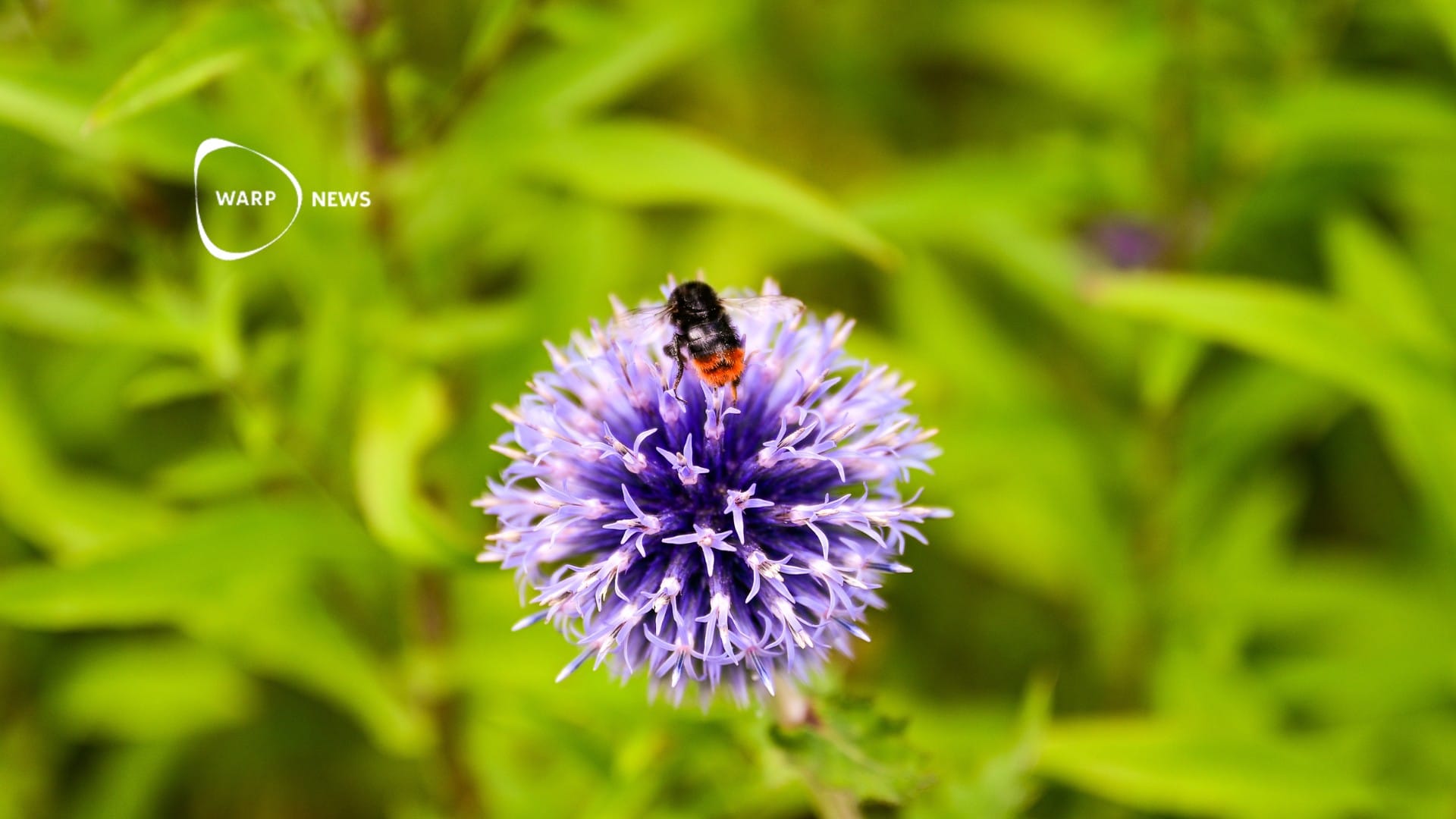
🌳 Indigenous groups to save Amazon together with government
Communities in the Amazon together with NGO’s and local governments are teaming up to save and protect Ecuador’s rainforest.
Share this story!
A new collaboration between Indigenous groups and Ecuador’s government wants to change the fact that the country's rainforests have gotten little protection and care by previous authorities.
“Some previous local governments have not put much interest in people and nationalities,” says Daniel Dahua, President of the Andwa Nationality of Pastaza in Ecuador to Euronews.green. “We as nationalities have needs in the territory [but] the willingness to act on our behalf among politicians did not exist.”
In Ecuador’s Pastaza region a project from REDD+ has made an even bigger partnership possible. It’s called the Amazonian Platform for Forests, Climate and Human Wellbeing and strives to fight climate change, protect and care for critical ecosystems together with threatened species as well as improve well-being of the people living in the area.
The Minister of Environment and Water and NGO’s (non-governmental organizations) are working together to turn these goals into reality, incorporating the visions of indigenous nationalities living in the area.
Far too often, the Indigenous people are overlooked when it comes to protecting and caring for forests. In the Pastaza region, seven Indigenous nationalities have joined forces with local provinces to protect the forests. Indigneous people signing agreements to work together with the government to reduce deforestation and forest degradation is a first for the country.
“This time we are participating and collaborating in the planning and we always coordinate in order to strengthen activities in the territory and satisfy our direct needs,” says Dahua to Euronews.
“We want to see this collaboration between the government and nationalities so that we are taken into account.”
“Indigenous people are the rightful owners of most of the provincial territory, including the most critical areas to save,” says Bruno Paladines who is Mosaic Coordinator at NCI, (Nature and Culture International which is an international nonprofit that works with Latin American communities to conserve the local environment) another organization supporting the project, to Euronews.
“We believe Indigenous people are the ones who can best conserve these areas using their ancestral knowledge and their own vision of governance and land management.”
According to Euronews, the plan aims to decrease deforestation as the population adopts sustainable production practices that conserve biodiversity and ecosystems. The plan also wants to secure food and income for locals.
The project “will integrate Indigenous knowledge of land management with the development planning of Pastaza's government,” explains Paladines.
“Through…direct outreach with people living in the territory, we can directly address the needs that exist [meaning] resources are invested much more efficiently. With these actions we ensure sustainable management of the forest resources for a lasting conservation impact,” Paladines continues.
Dahua explains that representatives from various Indigenous Nationalities together with the provincial government and NCI have formed a council where they consult on the management of the conservation areas.
This project is not only focused on nature, it also aims to protect and preserve culture as for example languages and handicrafts in Ecuador.
“Thanks to Nature and Culture International, we as the Andwa nationality have begun to build a dictionary. We are going to have our own instrument to conserve our language that at this moment is in danger of extinction. I will always be grateful [for this],” says Dahua.
“We are going to sign a conservation agreement to protect 530 hectares of primary forest in our territory. The most important thing is to conserve water basins. We will monitor and control the area. In exchange, Nature and Culture International commits to cover some of the needs we have in the territory,’ he explains.
Projects and collaborations like this one could be one major step towards making a greener and more sustainable future come sooner.
By becoming a premium supporter, you help in the creation and sharing of fact-based optimistic news all over the world.


